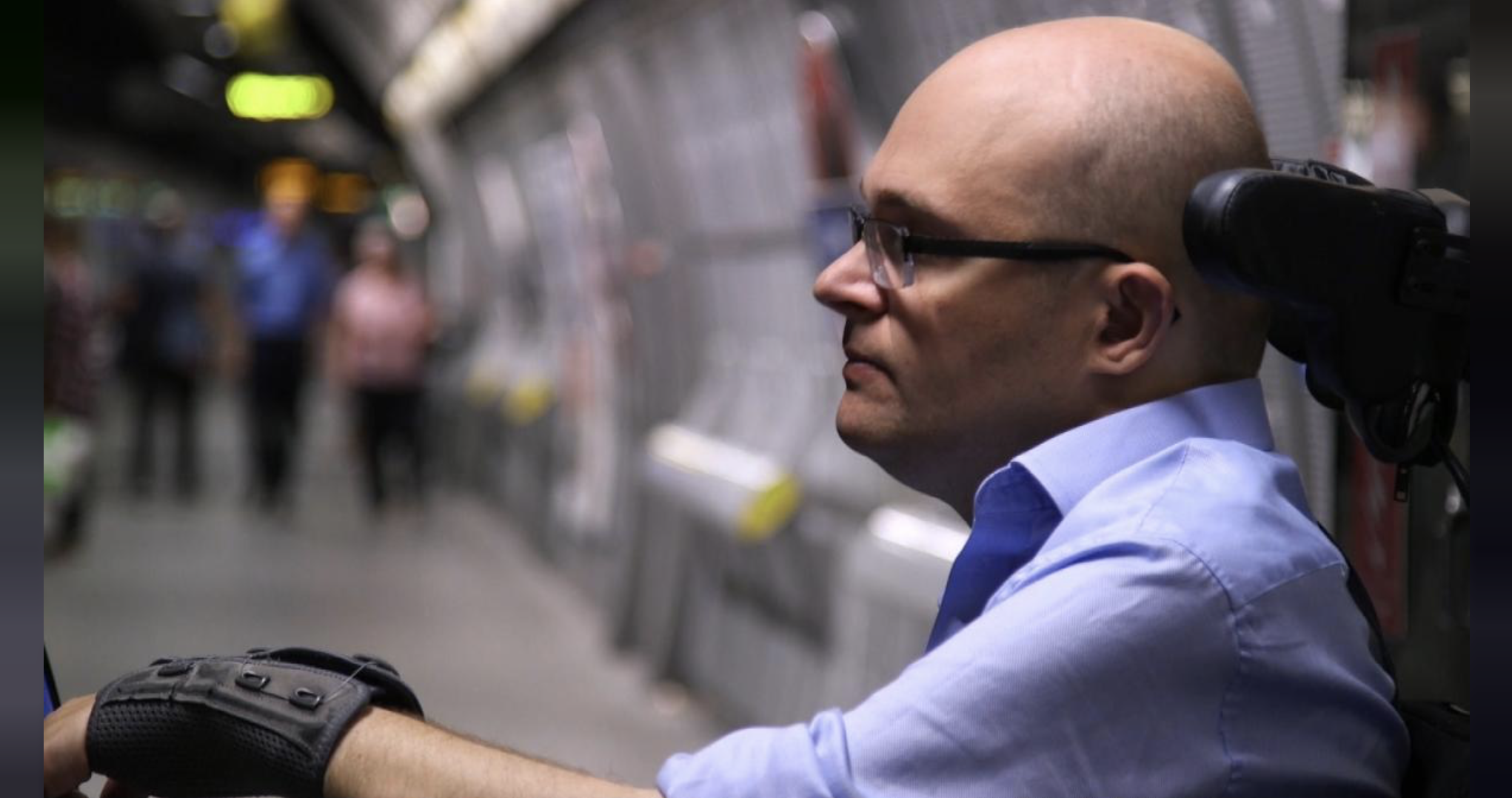Columns
Covering the world, paralysed from the shoulders down
Thursday 6 September 2018
Twelve years ago this week, I woke up in a wrecked vehicle on a front line road in eastern Sri Lanka. My neck was broken, I was paralysed from the shoulders down and it took a matter of seconds to conclude my life was probably over.
 I was 25, barely starting my Reuters journalistic career. I’d viscerally loved my first two years on assignment in southern Africa, then South Asia. And as the war between Tamil Tiger rebels and Sri Lanka’s government raged around me, I believed I had finally found my purpose.
I was 25, barely starting my Reuters journalistic career. I’d viscerally loved my first two years on assignment in southern Africa, then South Asia. And as the war between Tamil Tiger rebels and Sri Lanka’s government raged around me, I believed I had finally found my purpose.
Now that - and anything else that made life worth living - felt suddenly, brutally ripped away. At the first field hospital, I tried to persuade nearby soldiers and police to shoot me. It’s hard to believe that moment is now so far in the past, well over half my adult life ago. It certainly doesn’t feel it. I’m now Reuters global affairs columnist, one of the agency’s principal commentators on a rapidly changing world. I’ve achieved much since - but I guess that single moment still defines far, far more of my life that I would want.
I remain largely paralysed, dependent on round-the-clock care. I’ve gradually recovered some limited function in my left arm, but I still lack movement in my hands. I need others to help with eating, drinking, washing, getting in and out a wheelchair. Ever since my minibus hit that tractor and my skull removed the windscreen, I have been - to the best of my knowledge - one of the most disabled journalists on the planet.
More has proved possible than I initially feared - whether that has been writing with voice-recognition software, dating, relationships, travel. Of the more than 20 countries I’ve reported from, more than half have been since the injury. As emerging markets correspondent in London, I had a front row seat for the 2008 financial crisis. Other roles gave me a piece of the action on many of the biggest stories since.
Particularly in the last few years, I’ve also clawed out new lives beyond work. In 2014, I was part of a group that founded the Project for Study of the 21st Century (PS21), coordinating the think tank’s events and leading discussions on trends in everything from sex to foreign policy.
Not long after founding PS21, the British Army - which I’d served in as a reservist at university - asked me to return part-time to train and advise on emerging forms of conflict and communications. I now periodically don a green combat uniform to join military colleagues on some truly interesting projects. It’s a role that has seen me learn new skills, train regular soldiers and fly twice to Estonia for NATO’s largest annual cyber exercise.
As with journalism, it’s a career that brings multiple challenges - the military system was never built with someone like me in mind. Despite my disability, my skills are useful and, in these fast-changing and challenging times, armed forces everywhere are discovering diversity is key to adaptability and survival.
I tried to persuade nearby soldiers and police to shoot me
Each step has helped reassert my basic humanity and agency, making the injury feel that much less like it totally defines my fate. But that doesn’t mean the process has not been incredibly difficult - even if I’ve become adept at managing, minimising, sometimes simply denying it.
I wrote my first post-accident piece a few weeks after I was lifted from the minibus, dictating to friends and family from the hospital where I was to spend months battling to arrange long-term care from the British welfare state.
I also received a financial settlement from my employer, and that compensation was utterly vital to everything I’ve achieved since. Without it, I would not have been able to arrange private care - particularly after British government cuts in recent years slashed state-funded support.
I’m extremely aware most people in my position lack my advantages and privilege, struggling to get the most basic requirements for life. That makes me angry, which is one of the reasons I campaign for Britain’s Labour Party, creator of the national health and social security system that saved me after the injury. As with the reservist soldiering, it allows me to feel like I’m giving something back.
Without technology, I would never have been able to return to work at all. Wheelchair design has also got better. I drive an electric wheelchair with my head, and the level of functionality of those systems has improved hugely over time. So has the accessibility of the transport system in London and elsewhere, making it much easier for me to get around without another person for several hours at a time.
It’s hard to underestimate the importance of that greater independence. As I roll around streets and public transport on my own for the first time in a decade, I find I’m beginning to feel much more myself.
For all my attempts to appear entirely psychologically unaffected, I’m increasingly aware I’ve survived more than most my age could possibly imagine. But I’m still here - and feeling more alive than at any point in recent history.
■
- « Previous
- Next »
- 6 of 65
